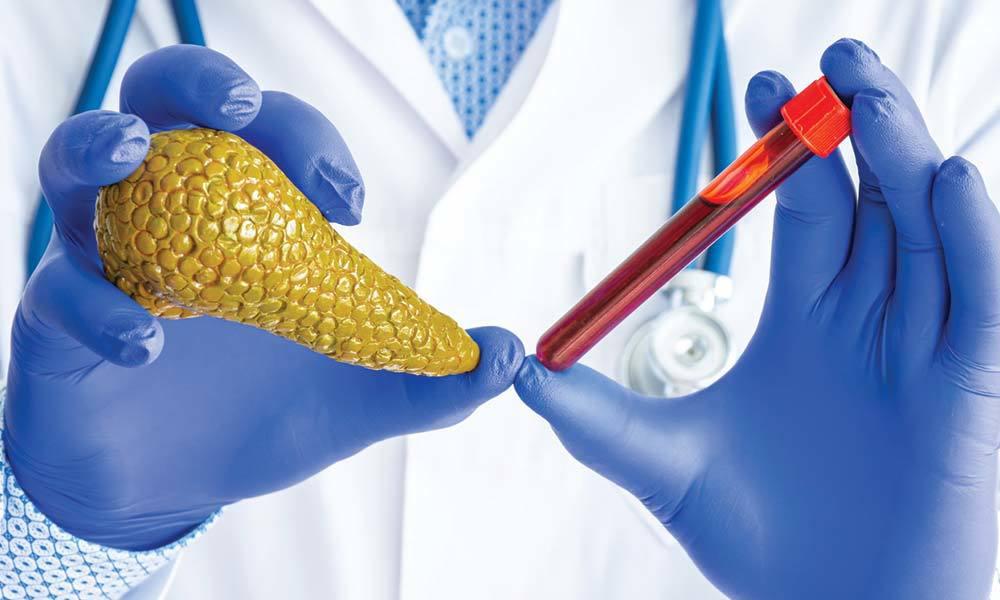
GERD, also known as gastroesophageal reflux disease, is a common digestive disorder that affects millions of people. GERD can cause a variety of symptoms, including heartburn, coughing, and difficulty swallowing. GERD is typically treated with medication and lifestyle changes. Some common symptoms include:
- Heartburn: This is the most common symptom. Heartburn is a burning sensation in the chest that can be accompanied by a sour taste in the mouth, chest pain, and difficulty swallowing.
- Coughing: GERD can cause a chronic cough. This may be worse at night or after eating.
- Difficulty swallowing: cause difficulty swallowing or a feeling of food stuck in the throat.
- Chest pain: cause chest pain that may be mistaken for a heart attack.
How is GERD treated?
GERD is typically treated with medication and lifestyle changes. Medications used to treat GERD include antacids, histamine blockers, and proton pump inhibitors. Lifestyle changes that can help include avoiding trigger foods, eating smaller meals, and avoiding lying down immediately after eating. Surgery is also an option for severe cases.
Tips for managing GERD
There are a few things you can do to help manage GERD:
- Avoid trigger foods: Common triggers include fatty and fried foods, caffeine, chocolate, citrus fruits, tomatoes, and spicy foods.
- Eat smaller meals: Eating smaller meals more frequently can help reduce the symptoms.
- Avoid lying down after eating: Lying down or reclining after eating can make GERD symptoms worse.
- Lose weight: If you are overweight, lose weight to help reduce GERD symptoms.
- Quit smoking: Smoking can make symptoms worse. If you smoke, quitting is the best thing you can do for your GERD.
Foods to avoid with GERD
There are a few GERD-triggering foods that you should avoid:
- Fatty and fried foods: These can relax the lower esophageal sphincter and increase the risk of GERD symptoms.
- Caffeine: Caffeine aggravates the person with GERD symptoms.
- Chocolate: Chocolate contains a substance called methylxanthine, which can relax the lower esophageal sphincter and trigger GERD symptoms.
- Citrus fruits: Citrus fruits contain citrus acids that can trigger GERD symptoms.
- Tomatoes: Tomatoes contain acid that can trigger GERD symptoms.
- Spicy foods: Acid from spicy foods can trigger GERD symptoms.
If you have GERD, it is important to avoid trigger foods.
GERD-friendly foods that you can eat
- Lean proteins: Chicken, fish, and tofu are all good options.
- Low-fat dairy: Choose low-fat or non-fat options such as milk, yogurt, and cheese.
- Fruits and vegetables: GERD-friendly fruits and vegetables include bananas, apples, pears, melon, carrots, green beans, and celery.
- Whole grains: Choose GERD-friendly whole grains such as oatmeal, whole wheat bread, and brown rice.
GERD can be a bothersome and painful condition, but there are things you can do to help manage it. Avoiding trigger foods, eating smaller meals, and avoiding lying down after eating can all help reduce GERD symptoms. If you are overweight, lose weight to help reduce GERD symptoms. Quitting smoking is also a good way to reduce GERD symptoms.
Recipes for GERD sufferers
If you have GERD, there are a few GERD-friendly recipes that you can try:
- GERD-friendly banana pancakes: These pancakes are made with oat flour, bananas, and almond milk.
- GERD-friendly chicken and rice: This dish is made with lean chicken, brown rice, and vegetables.
- GERD-friendly salmon and vegetables: This dish is made with grilled salmon, quinoa, and vegetables.
- GERD-friendly vegetarian chili: This chili is made with black beans, tomatoes, and vegetables.
